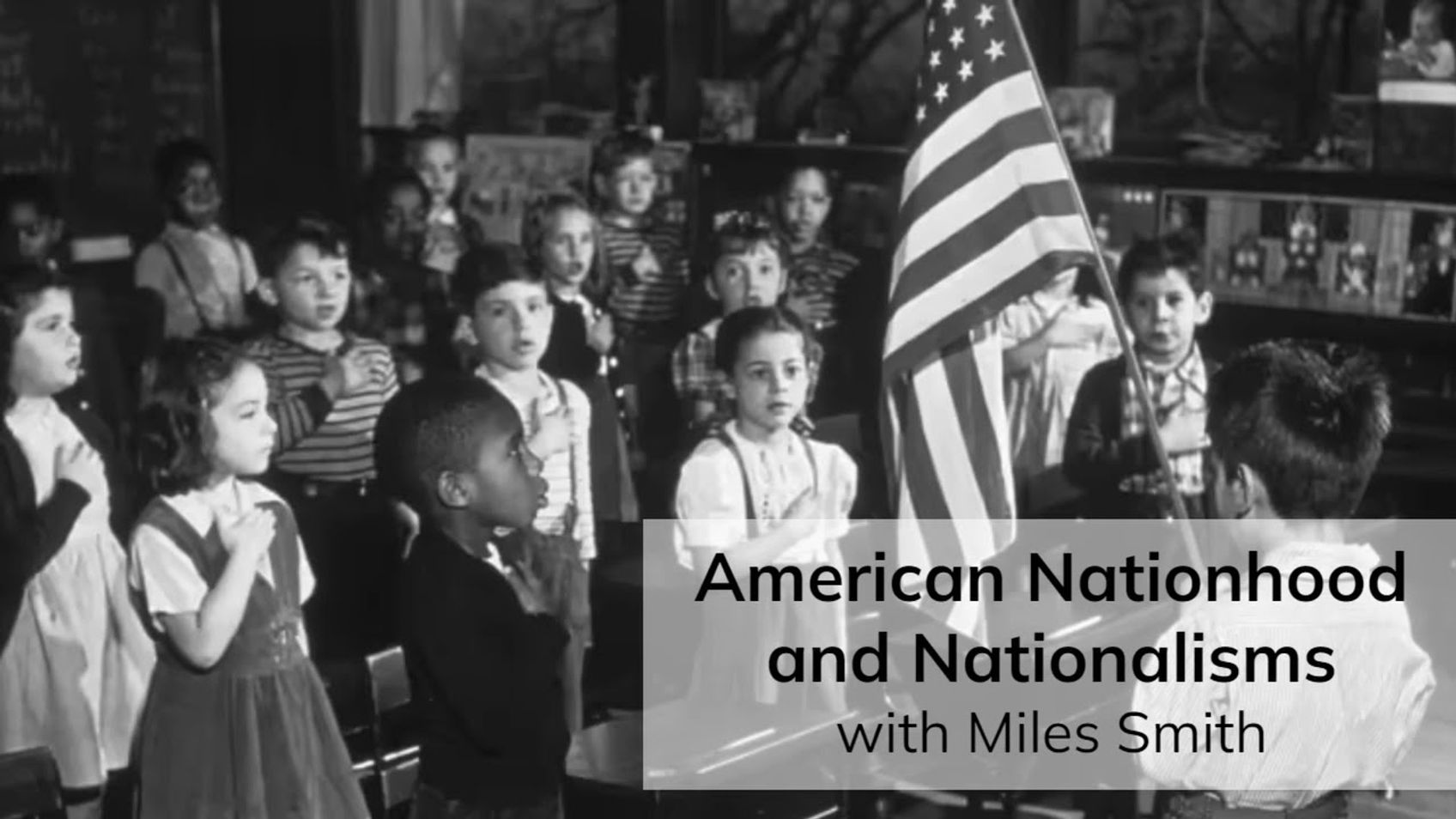American Nationhood and Nationalisms (with Miles Smith)

Dr Miles Smith, Assistant Professor of History at Hillsdale College (https://www.hillsdale.edu/faculty/miles-smith-iv/), joins me for a discussion of American nationhood and nationalism. We discuss the distinctive historical and cultural background that should ground contemporary discussions of so-called American Christian nationalism.
If you have enjoyed my videos and podcasts, please tell your friends. If you are interested in supporting my videos and podcasts and my research more generally, please consider supporting my work on Patreon (https://www.patreon.com/zugzwanged), using my PayPal account (https://bit.ly/2RLaUcB), or by buying books for my research on Amazon (https://www.amazon.co.uk/hz/wishlist/ls/36WVSWCK4X33O?ref_=wl_share).
The audio of all of my videos is available on my Soundcloud account: https://soundcloud.com/alastairadversaria. You can also listen to the audio of these episodes on iTunes: https://itunes.apple.com/gb/podcast/alastairs-adversaria/id1416351035?mt=2.
More From Alastair Roberts
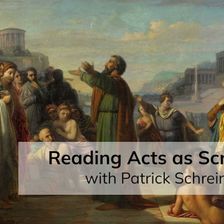
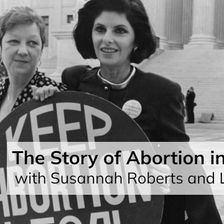
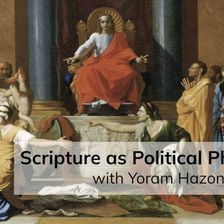

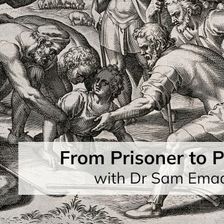

More on OpenTheo















